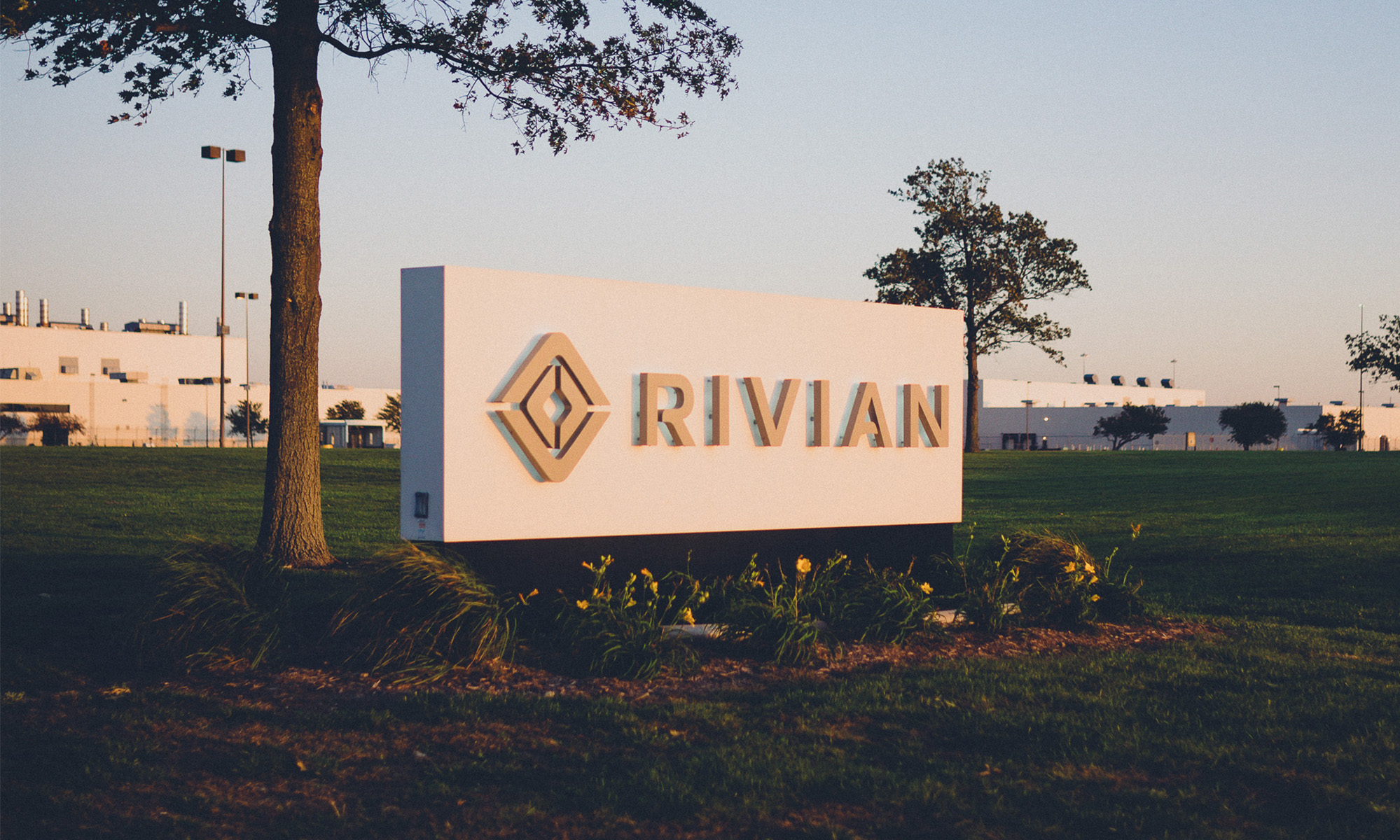
Fire trucks and other specialty vehicles are Oshkosh Corporation's major products. Image source: Getty Images.
Okay, let's get one thing out of the way right up front: No, Oshkosh Corporation (OSK +1.72%) does not make children's overalls, by gosh. Those Oshkoshes are currently made by Carter's.
Instead, this Oshkosh (based, unsurprisingly, in Oshkosh, Wisconsin) manufactures specialty vehicles like fire trucks, garbage trucks, and cement mixers. It also has a robust defense unit that makes military equipment.
Although it would be tempting to lump Oshkosh in with other truckmakers like Navistar (NAV +0.00%) or Paccar (PCAR +2.45%), Oshkosh Corporation has unique strengths all its own.
When a truck isn't just a truck
Navistar and Paccar make most of their money from selling similar vehicles: medium- and heavy-duty trucks (think 18-wheeler cabs) under Paccar's Kenworth and Peterbilt brands and Navistar's International brand. Oshkosh, on the other hand, sells a huge variety of specialty vehicles, none of which are 18-wheelers.
Oshkosh's operations fall into four segments. The first, access equipment, sells tow trucks, telehandlers (think forklifts on steroids), and aerial work platforms through the company's JLG and Jerr-Dan brands. Its fire and emergency segment not only sells fire trucks but also snow removal vehicles and simulators. The commercial segment sells concrete mixers, garbage trucks, truck-mounted cranes and other vehicle components. Finally, the company's defense segment sells military vehicles to the Department of Defense -- and has for more than 90 years.
This wide variety of products helps insulate the company against a slowdown in any one segment. A long spell of mild winters may result in fewer snow removal vehicle purchases...but it won't affect the need for concrete mixers or garbage trucks.
Show her you care with a cement mixer
It probably goes without saying that Oshkosh's clients aren't generally consumers looking to put a gift-wrapped aerial work platform under the Christmas tree. So it probably won't surprise you to learn that many of Oshkosh's clients are government entities. 15% of Oshkosh's 2015 revenue came from the U.S. federal government alone. Still other Oshkosh clients -- waste management companies, for example -- are not governments themselves but work primarily for government clients.
That might seem like a weakness rather than a strength. After all, having a diverse pool of clients is important for a company. However, the percentage of revenue the company derives from the U.S. government is way down, having peaked at 72% in 2010 during the Great Recession.
But it's also a strength, for one simple reason: A government can't choose to stop providing essential services to its citizens (at least, not without a substantial backlash). So, while a municipal government might decide to delay purchasing a new fire truck for a few "lean years," it's never going to just stop putting out fires. Which means that eventually, that government is going to have to buy a new fire truck, making it a potential Oshkosh customer.
Top dog
Being a market leader or "top dog" in one's industry is a huge advantage to a company's success. And this particular global market is quite large. According to a 2014 report by BCC research, the global market for specialty vehicles is expected to grow from an estimated $67.6 billion in 2015 to $82.6 billion by 2020. Oshkosh claims to hold leading market shares in all of its businesses, but with only about $6 billion in total annual revenue, there's clearly plenty of additional market share to be tapped.
Oshkosh's unique mix of vehicles means it doesn't really have a single direct competitor. Of course, its individual businesses have competitors (Navistar, for example, has a military vehicle segment that competes with Oshkosh), but no other single company competes with Oshkosh in all or even most of its business segments. In fact, the company recently benefited from competing fire truck manufacturer American LaFrance ceasing operations in 2014.
Most of these markets are very fragmented, split among a few large -- often multinational -- companies and numerous smaller or regional manufacturers. This puts Oshkosh in a unique position in which it can compete against its larger peers on product quality, design expertise, and manufacturing flexibility, while also retaining volume advantages over smaller manufacturers that allow Oshkosh to utilize moving assembly lines and cross-product purchasing power.
Investor takeaway
Oshkosh Corporation is a Fortune 500 company that sits in a unique niche as a manufacturer of specialty trucks. Unlike fellow truckmakers Paccar and Navistar, it derives its revenue from many different product lines and vehicle types. Better still, it operates in a massive global market in which competition is heavily fragmented. These strengths, among others, have made some analysts bullish on the stock.
The stock currently trades at a P/E of just over 20, compared to Paccar's 32, and sports a modest 1.35% dividend yield -- just lower than Paccar's 1.6%, but better than Navistar's lack of a dividend at all. For investors looking to put an equipment manufacturer into their portfolios, Oshkosh is worth digging into.








